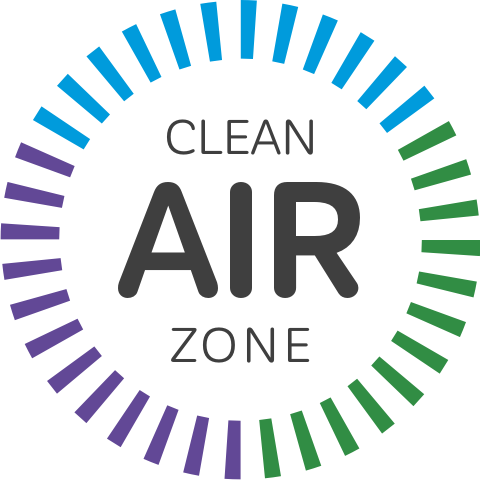Poor indoor air quality can cause or contribute to the development of infections, lung cancer and chronic lung diseases such as asthma. People who already have lung disease are at greater risk; but young, elderly, or immunocompromised individuals can easily be affected.
In a recent review published by the American Lung Association, it was found that bacteria and viruses can travel through the air, causing and worsening diseases.
What are bacteria and viruses?
Bacteria and viruses are living organisms that cause diseases, like the common cold or influenza. They also can make some diseases, like asthma, worse.
Viruses and/or bacteria can easily scatter in the air or end up on the hands where they can continue spread on surfaces like doorknobs. Inhaling these viruses or bacteria can spread coughs, colds, influenza, and other infectious agents.
Crowded conditions with poor air circulation can promote this spread. Some bacteria and viruses thrive and circulate through poorly maintained building ventilation systems, as with Legionnaires’ disease. Damp, humid air can increase the survival rate of viruses indoors, making air filtration all the more important.

Reducing the spread of bacteria and viruses…
Most often, the human occupants of a home or workplace are the source of infectious diseases. A key step to reducing the spread of disease through indoor air is to practice healthy behavior. Precautions, like coughing or sneezing into the bend of your elbow, can curb the spread of airborne viruses and bacteria. Washing your hands and common surfaces with soap and water can keep them from spreading on indoor surfaces; and preemptively planning for effective ventilation and filtration may also help keep bacteria, viruses, and other pollutants out of the indoor air.
Ongoing research continues to show that air flow and ventilation can affect how diseases spread indoors. The more stagnant the air is, the more likely diseases are to spread.Ventilation can also limit moisture. Damp indoor spaces foster the growth and transmission of viruses and bacteria. By controlling moisture indoors with systems such as Clean Air Zone (CAZ), can we limit the spread of these infectious diseases and limit mold, particles and other illness inducing materials.

